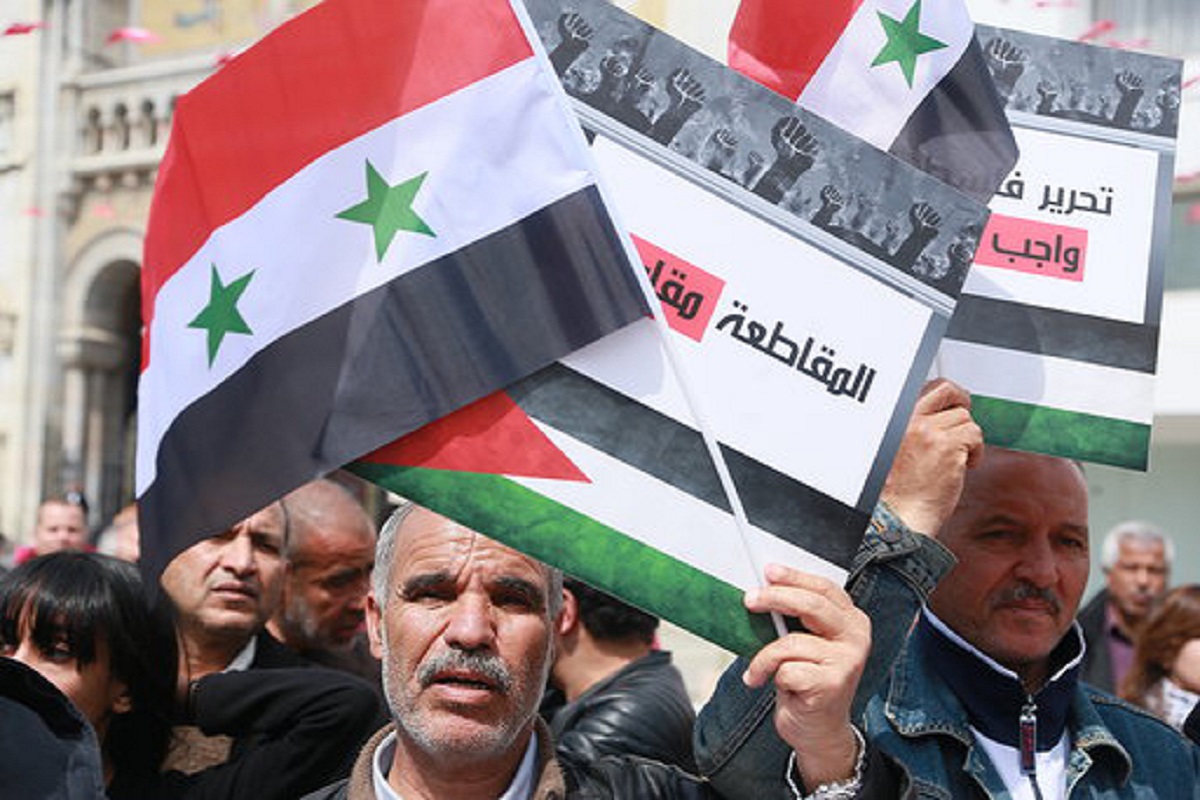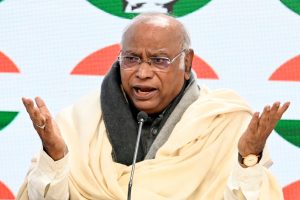The striking feature of the annual Arab League summit in Tunisia is that the countries in this tormented geopolitical bloc have reinforced the increasing isolation of Donald Trump’s United States of America. The US President has his back to the wall both at home and the world. The meeting, graced with the presence of the octagenarian King Salman bin Abdulaziz of Saudi Arabia ~ not the ebullient Crown Prince Mohammad bin Salman ~ has united against the Trump administration’s pronounced bias in favour of Israel, first by recognising Jerusalem in place of Tel-Aviv as the capital, and more recently the recognition of Israel’s suzerainty over the Golan Heights, which Israel had seized from Syria in the 1967 war. In a word, the Middle East has signalled its opposition to Mr Trump, and it is a measure of the importance of the “volatile Heights” that its control has dominated the discussions and notably with remarkable unanimity. Overall, there is scarcely an issue in US foreign policy that has been generally endorsed by the comity of nations, let alone the Arab world. The fact that divisions persist over whether to readmit Syria into the League is of lesser moment in the overall construct. This year’s summit comes against a backdrop of ongoing wars in Syria and Yemen, rival authorities in Libya and the struggle for the mastery of the country, and a boycott of Qatar by four fellow members of the Arab League. While there is unanimity on Golan Heights, the rift in the lute, caused by other issues, has for a while been palpable enough. The tone of the meeting was set pre-eminently by King Salman himself , reaffirming the influence that Saudi Arabia still wields over the bloc ~ “Riyadh absolutely rejects any measures undermining Syria’s sovereignty over the Golan Heights and supports the creation of a Palestinian state in the West Bank and the Gaza Strip, with East Jerusalem as its capital”. He has also made the point that Iran’s meddling was to blame for instability in the region. Indeed, the interference by the regional rivals, Iran and Turkey, has been blamed for having “worsened some crises and creating new problems”.
Despite the Saudi King’s advancing years, he did advance a robust presentation of the Arab League’s geostrategic agenda. One major factor that has united the Arab League over the past 50 years is the rejection of Israel’s occupation of the Golan Heights as well as East Jerusalem and the West Bank, territories seized in the 1967 war that the Palestinians want for their future state. The international community, including the United States, had largely shared that position until Mr Trump effected a paradigm shift in US policy by moving the American embassy to Jerusalem last year and recognising Israel’s annexation of the strategic Golan plateau. While a robust resolution on the Golan Heights is on the cards at the Arab League meeting, the leaders might stop short of taking further action. The issue has stirred a dangerous pot.










